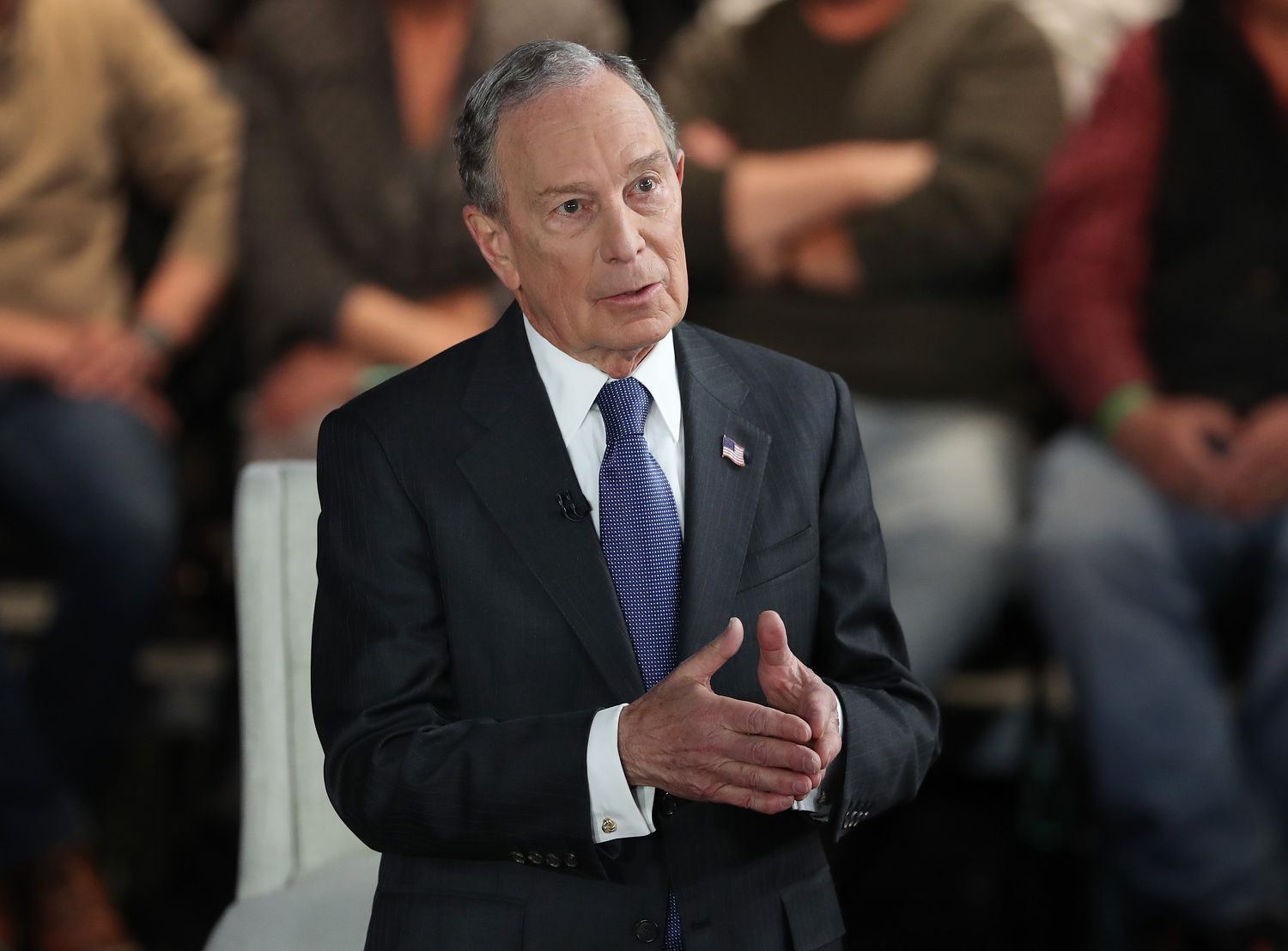New York — In an extraordinary act of generosity, Bloomberg Philanthropies has announced a $1 billion donation to Johns Hopkins University, marking a significant shift in the affordability of medical education. This landmark contribution will enable the majority of medical students at Johns Hopkins to attend school free of tuition and living expenses, removing one of the largest obstacles to entering the medical field.
This donation is part of a broader movement among major philanthropists to alleviate the financial burdens of medical students. Earlier this year, the Albert Einstein College of Medicine in New York received a $1 billion endowment from former faculty member Dr. Ruth Gottesman, making it tuition-free. This follows NYU’s School of Medicine’s 2018 decision to become the first top-10 medical school in the U.S. to offer free tuition to all its students.
Michael Bloomberg, a Johns Hopkins alumnus and former New York City mayor, explained the reasoning behind this gift in a letter included in Bloomberg Philanthropies’ annual report. He highlighted the ongoing disparity in life expectancy in the U.S. compared to other developed nations, exacerbated by the COVID-19 pandemic. The pandemic also disrupted public education, with remote learning failing to meet students’ needs adequately.
Bloomberg emphasized that the high cost of medical education discourages students from lower-income backgrounds, perpetuating a lack of diversity in the medical profession and contributing to a shortage of primary care physicians. “Financial pressures lead many students to drop out, and those who graduate often choose high-paying specialties to manage their debt, rather than serving in areas that need them most,” Bloomberg said.
According to a survey by the Association of American Medical Colleges (AAMC), 70% of medical students graduating in 2023 carried educational debt, with the average debt exceeding $200,000. This debt burden influences their career choices, often leading them away from primary care and underserved communities.
Bloomberg’s donation seeks to address these critical issues. Johns Hopkins University announced that the gift would cover full tuition and living expenses for students from families earning less than $300,000 per year, with additional living expenses covered for those from families earning less than $175,000.
This donation is the latest in Bloomberg’s long history of supporting Johns Hopkins. In 2018, he donated $1.8 billion to support undergraduate financial aid, the largest ever single donation to an academic institution at that time. His ongoing generosity highlights a commitment to enhancing educational accessibility and addressing public health challenges.
The implications of Bloomberg’s $1 billion donation are profound, allowing Johns Hopkins to attract a diverse and dedicated student body. By alleviating financial burdens, the initiative promotes a more equitable distribution of medical professionals and sets a powerful example for other institutions and philanthropists to emulate.






